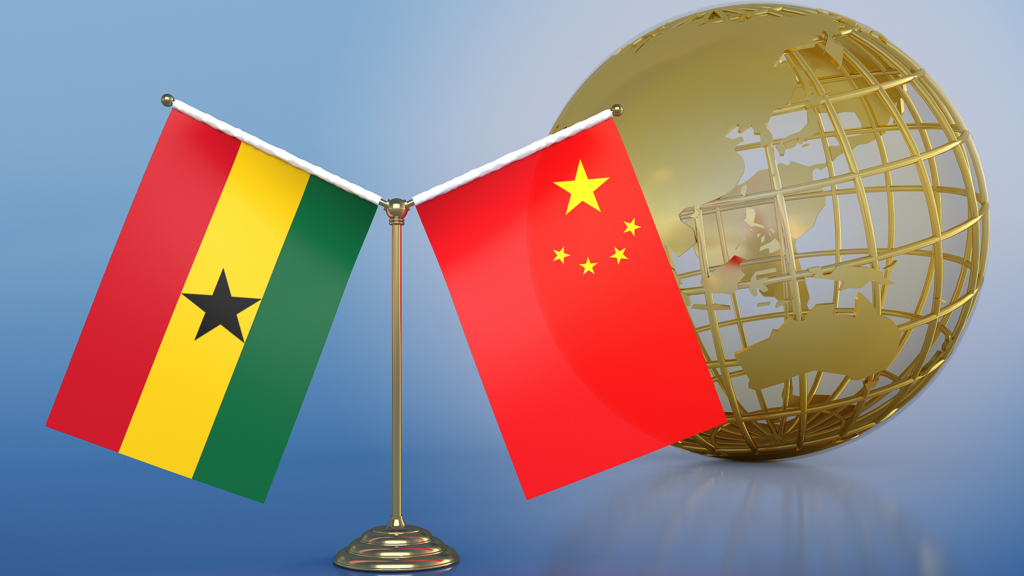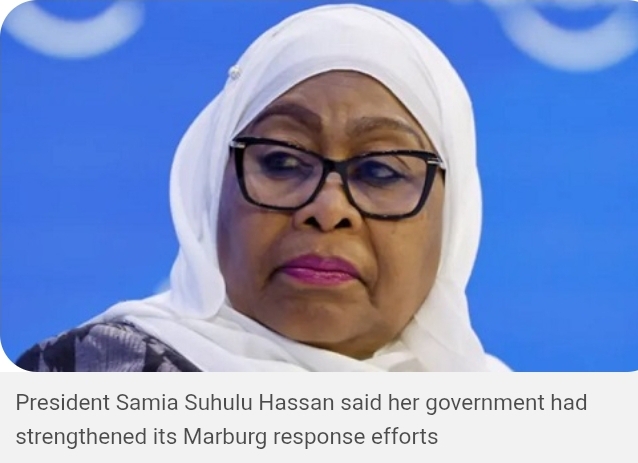In 2024, Ghana and China’s bilateral trade reaching $11.84 billion marks a significant milestone in their economic relationship. This growth illustrates how deeply intertwined their economies have become over the years, especially as China has emerged as a key player in Africa’s economic landscape.
Trade Composition
The trade dynamics between Ghana and China encompass a broad range of sectors. For Ghana, key exports to China typically include:
- Raw Materials: Ghana is known for its wealth of natural resources. Key exports like cocoa, minerals (such as gold and bauxite), and oil are vital for China’s manufacturing and consumption needs.
- Agricultural Products: Ghana also exports various agricultural commodities, including cashews and rubber, which are increasingly being sought after in the global market.
On the other hand, China exports a wide array of products to Ghana, including:
- Manufactured Goods: This includes machinery, electronics, textiles, and construction materials. China’s competitive manufacturing sector allows it to supply a vast range of affordable goods to Ghana.
- Construction Services and Equipment: With many infrastructure projects underway in Ghana, Chinese firms have been heavily involved in providing both equipment and expertise.
Impact on Ghana’s Economy
The robust trade volume can have several implications for Ghana’s economy:
- Job Creation: Increased trade and investment from China can lead to job creation in various sectors, particularly in infrastructure and manufacturing. This could help address unemployment and improve livelihoods.
- Infrastructure Development: China’s involvement in major infrastructure projects, such as roads, bridges, and energy projects, supports Ghana’s development goals and enhances connectivity.
- Investment in Technology and Skills: Collaboration with Chinese companies can lead to technology transfer and skills development for the Ghanaian workforce, fostering innovation and growth in local industries.
Challenges and Considerations
Despite the benefits, there are challenges that Ghana needs to navigate:
- Trade Imbalance: The trade balance has often favored China, raising concerns about Ghana’s dependence on imported goods. It’s crucial for Ghana to work towards diversifying its economy and improving its export capacity.
- Debt Concerns: Economic ties with China have led to significant borrowing for infrastructure projects. Managing this debt while ensuring sustainable economic growth is essential to prevent future financial strain.
- Environmental Impact: Increased extraction of natural resources for export can have environmental consequences. Implementing sustainable practices is vital to mitigate these effects.
Future Outlook
Looking ahead, the relationship between Ghana and China holds considerable promise. As both nations work towards enhancing their economic partnership, they may deepen cooperation in areas like technology exchange, trade, and investment. Initiatives like the Belt and Road Initiative also suggest that further infrastructure developments can be expected, potentially bringing more economic benefits but also requiring careful management to ensure sustainable outcomes.
In summary, the $11.84 billion trade figure in 2024 is just a snapshot of a broader narrative of growing connectivity between Ghana and China. This relationship presents opportunities and challenges that will shape the economic landscape of both countries in the coming years











